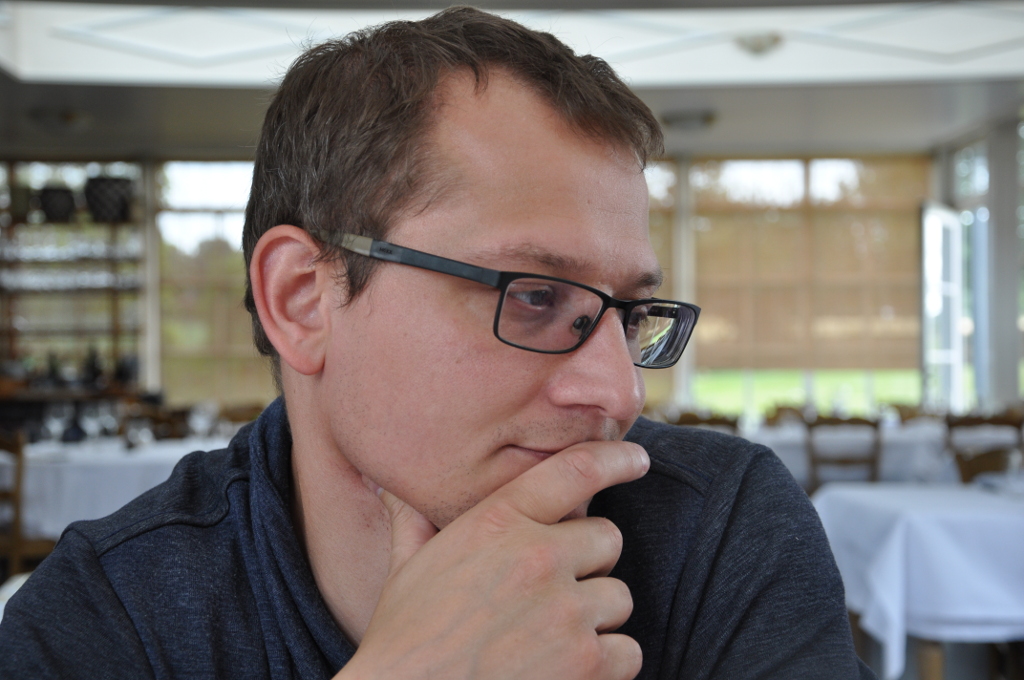My LinkedIn
Truths

2. The Fundamental Truths
(1) It Has To Work.
(2) No matter how hard you push and no matter what the priority,
you can't increase the speed of light.
(2a) (corollary). No matter how hard you try, you can't make a
baby in much less than 9 months. Trying to speed this up
*might* make it slower, but it won't make it happen any
quicker.
(3) With sufficient thrust, pigs fly just fine. However, this is
not necessarily a good idea. It is hard to be sure where they
are going to land, and it could be dangerous sitting under them
as they fly overhead.
(4) Some things in life can never be fully appreciated nor
understood unless experienced firsthand. Some things in
networking can never be fully understood by someone who neither
builds commercial networking equipment nor runs an operational
network.
(5) It is always possible to aglutenate multiple separate problems
into a single complex interdependent solution. In most cases
this is a bad idea.
(6) It is easier to move a problem around (for example, by moving
the problem to a different part of the overall network
architecture) than it is to solve it.
(6a) (corollary). It is always possible to add another level of
indirection.
(7) It is always something
(7a) (corollary). Good, Fast, Cheap: Pick any two (you can't
have all three).
(8) It is more complicated than you think.
(9) For all resources, whatever it is, you need more.
(9a) (corollary) Every networking problem always takes longer to
solve than it seems like it should.
(10) One size never fits all.
(11) Every old idea will be proposed again with a different name and
a different presentation, regardless of whether it works.
(11a) (corollary). See rule 6a.
(12) In protocol design, perfection has been reached not when there
is nothing left to add, but when there is nothing left to take
away.